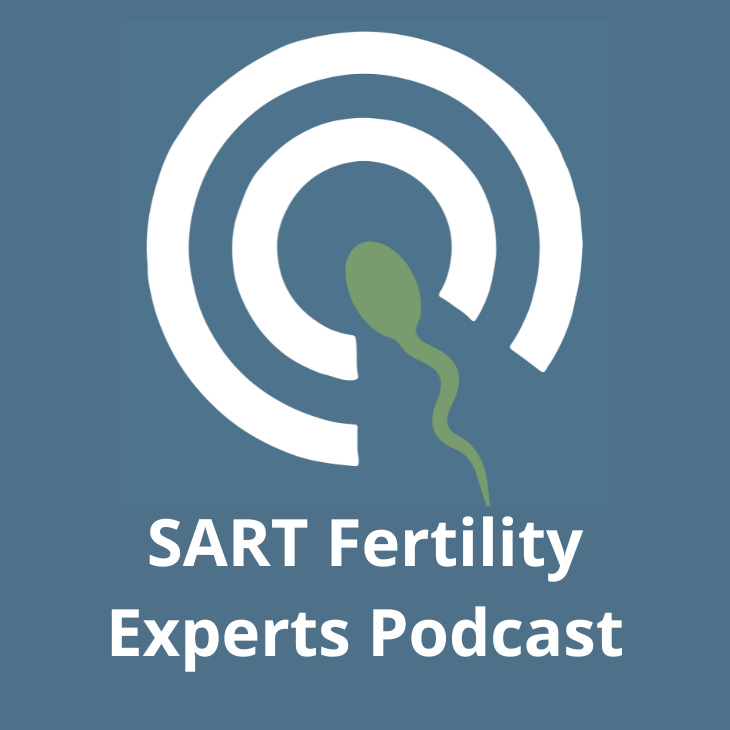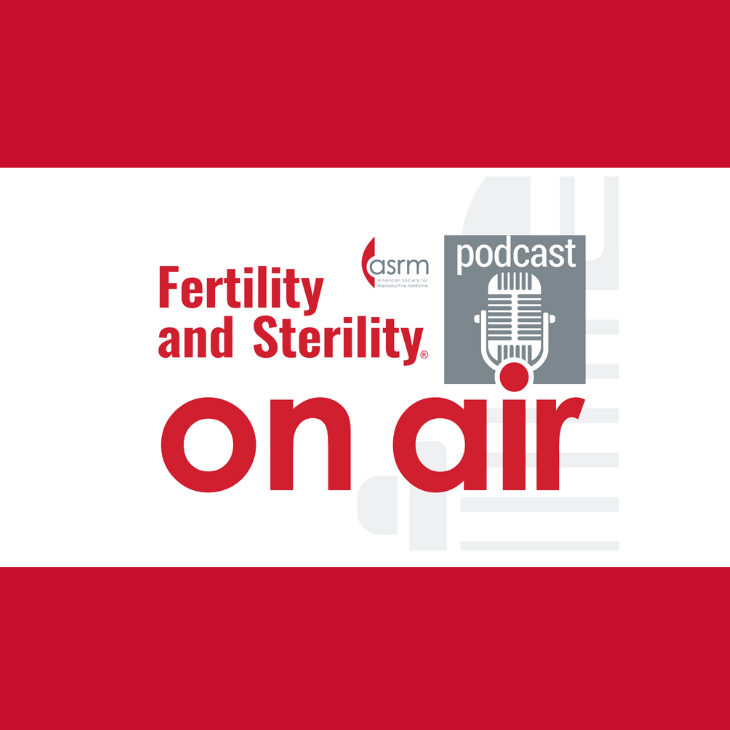SART Fertility Experts - Wellness and Fertility: Diet, Sleep and Exercise
Drs. Timothy Hickman and Rashmi Kudesia discuss the links between lifestyle and fertility. This conversation covers diet, physical activity, stress and sleep management, and common-sense approaches to incorporating wellness and lifestyle medicine into a clinical approach to infertility treatment.
Find the #StartwithSART Fertility Experts series wherever you get your podcasts. Looking for advice on building a family? Ask the experts and #StartwithSART.
For more information about the Society for Assisted Reproductive Technology, visit our website at https://www.sart.org
Have a topic you'd like to hear? Tell Us!
Visit the podcast website and Start With SART!
For more information about the Society for Assisted Reproductive Technology, visit our website at https://www.sart.org
Have a topic you'd like to hear? Tell Us!
Subscribe to the SART Fertility Experts Podcast on iTunes, Spotify, Google Play, or your favorite Podcast catcher.
Visit the podcast website and Start With SART!
SART Fertility Experts is part of the ASRM Family of Podcasts. Subscribe Now so you don't miss an episode!
SART Fertility Experts Podcast
SART Fertility Experts is an educational project of the Society for Assisted Reproductive Technology, this series is designed to provide up to date information about a variety of topics related to fertility testing and treatment such as IVF.
SART Fertility Experts - Military Families and Fertility
Active-duty individuals in the military sometimes face unique circumstances when seeking fertility care. Learn more with a former military fertility physician.
SART Fertility Experts - Q&A on Infertility
Infertility can create many questions for a patient. Listen to common questions and answers about infertility, egg freezing, and genetic testing.
SART Fertility Experts - Vanquishing Multiples
Learn how a variety of factors such as geography, race, and the availability of comprehensive infertility mandates affect access to effective infertility treatment.
SART Fertility Experts - Global Access to IVF and the Status of Women
Around the world, there are vast differences in the number of IVF cycles performed per capita. Learn why these differences exist.Female Fertility
Male Fertility/Andrology
Find a Health Professional
Connect with reproductive medicine experts who will guide you through your unique journey. Our search tool allows personalized matches based on location, specialization, and expertise. Take control of your reproductive health with compassionate providers, innovative treatments, and unwavering support.
Search for an Expert













